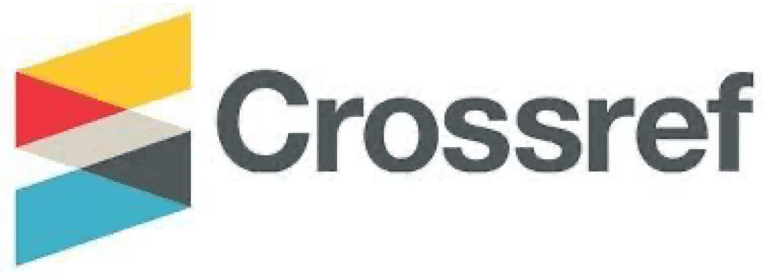ANALISIS FINANSIAL AGROFORESTRI KAKAO DI LAHAN HUTAN NEGARA DAN LAHAN MILIK
DOI:
https://doi.org/10.24259/perennial.v4i1.182Abstract
The cultivation of cocoa (Theobroma cacao) has been an important driver of tropical deforestation globally. Efforts to reverse this trend are focusing on the reintroduction of shade trees to cocoa plantations. Shade trees are valuable in enhancing biophysical conditions on cocoa fields and contribute to biodiversity and product diversification for smallholder producers. The aim of this study was to compare financial analysis of cocoa agroforestry between in state forest land and private land. Financial analysis was undertaken to assess its economic viability. Input–output data were collected from farmer by interview and participant observation. A discounted cash flow analysis was carried out to estimate the benefit-cost (B/C) ratio, net present value (NPV), internal rate of return (IRR) at 6,4% discount rate. The results showed that the main combination of planting pattern that consist of cacao and banana (in state forest land), cacao and petai, cacao and durian (in private land) were financially feasible; the largest contribution was given by cacao at all planting patterns based on farmer household revenue structure. Key words: Financial analysis, cocoa, agroforestry, land tenure securityDownloads
Submitted
2016-04-27
Published
2008-01-01
How to Cite
Febryano, I. G. (2008). ANALISIS FINANSIAL AGROFORESTRI KAKAO DI LAHAN HUTAN NEGARA DAN LAHAN MILIK . PERENNIAL, 4(1), 41–47. https://doi.org/10.24259/perennial.v4i1.182
Issue
Section
Articles







